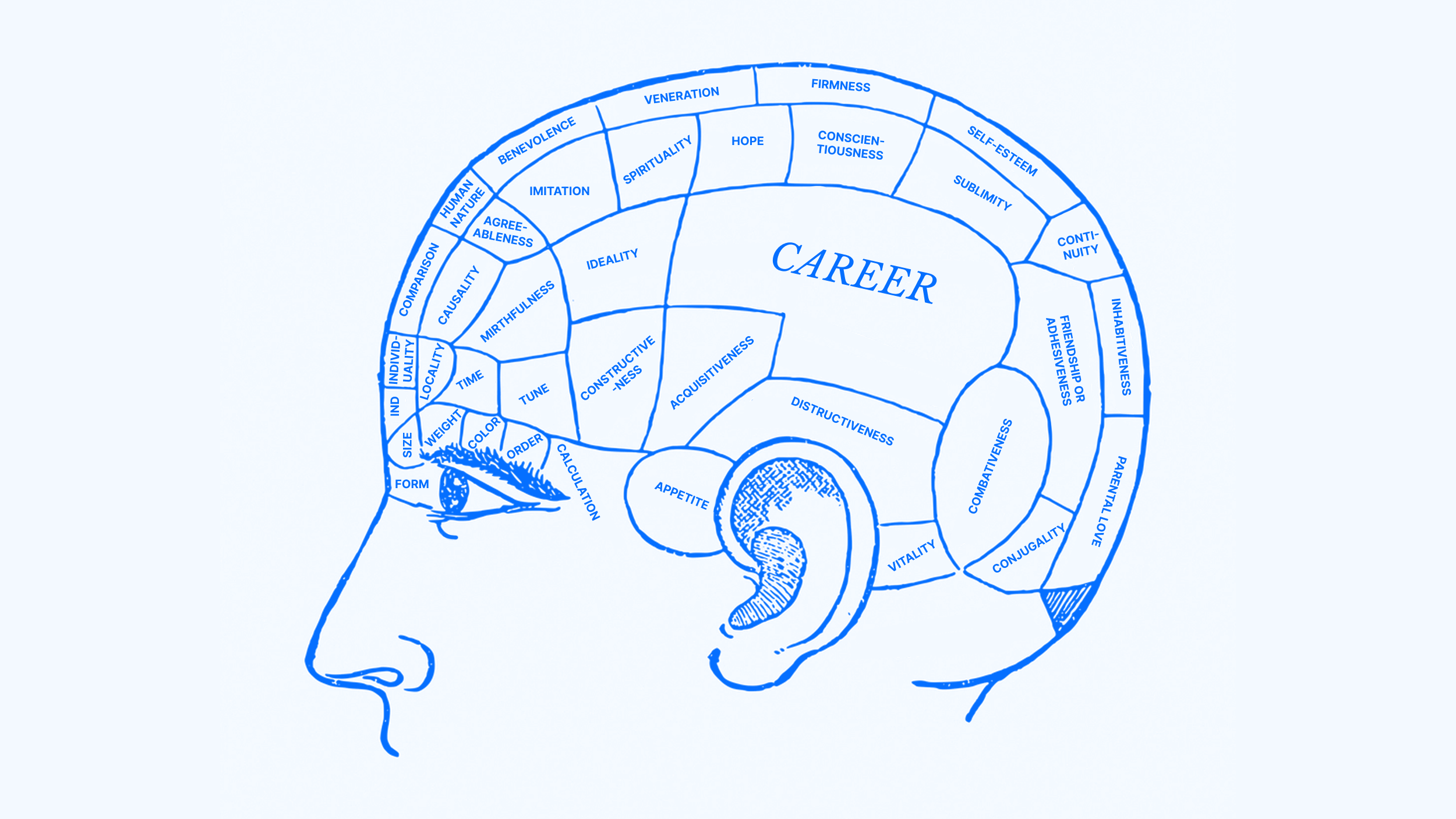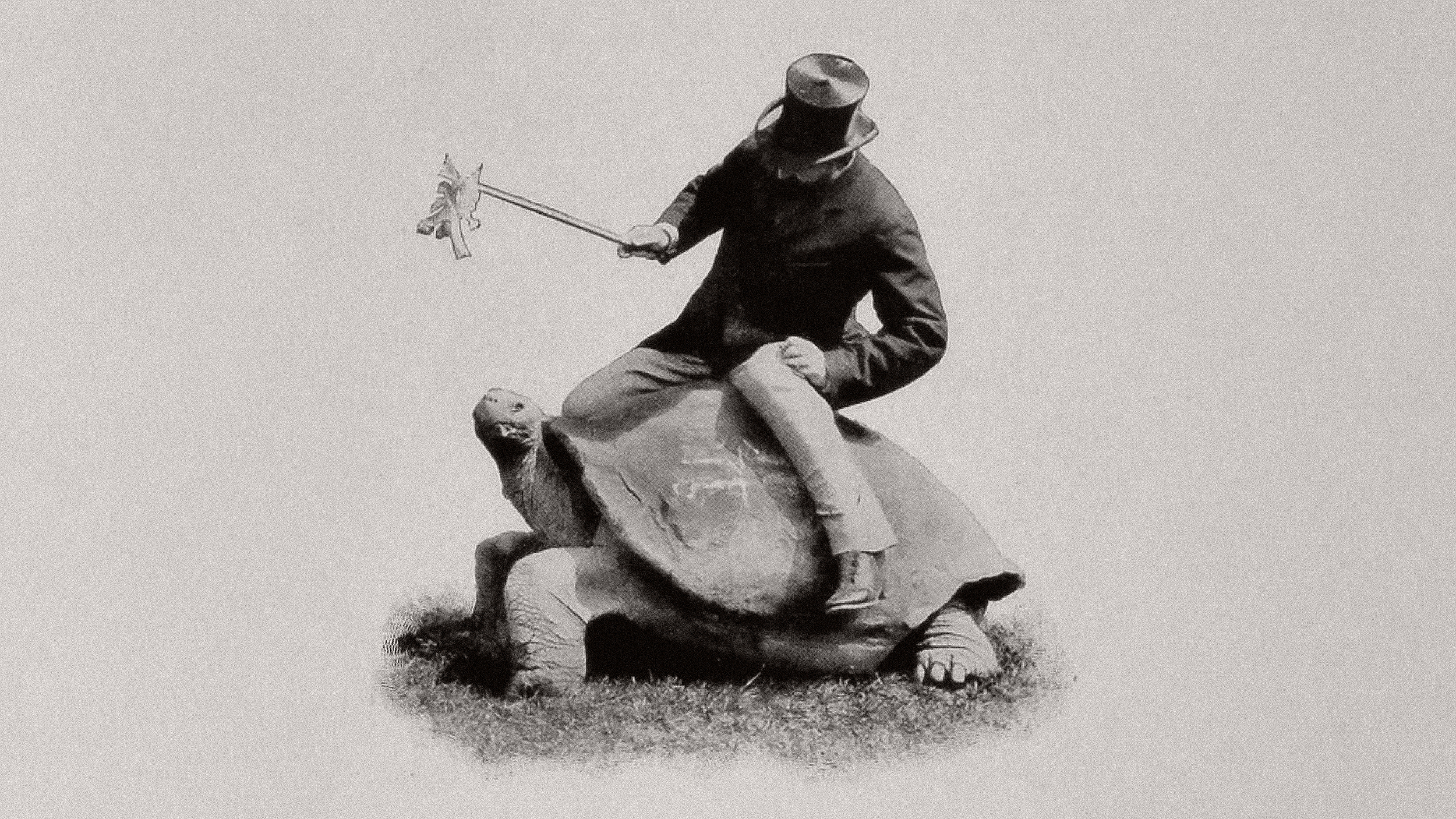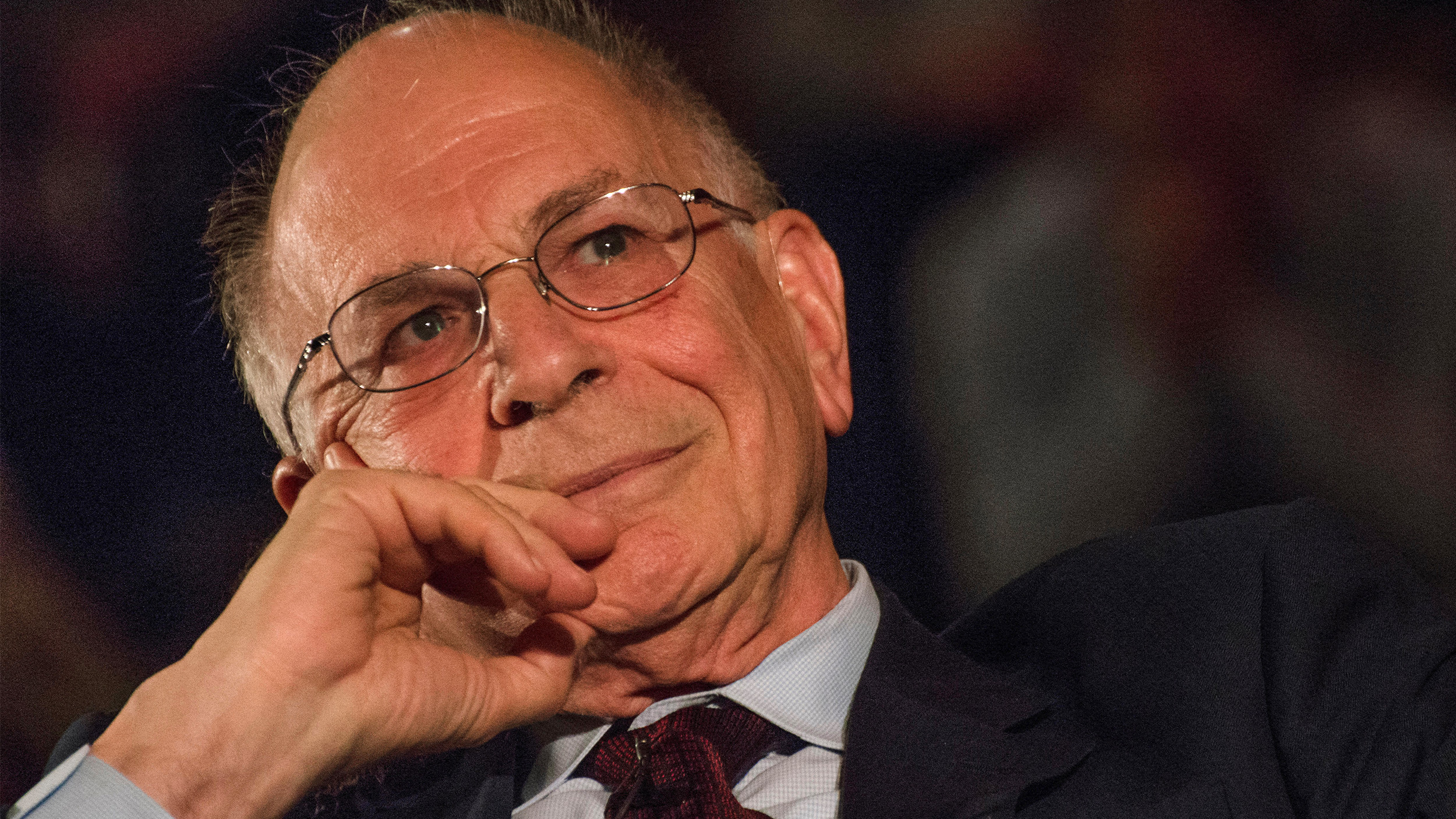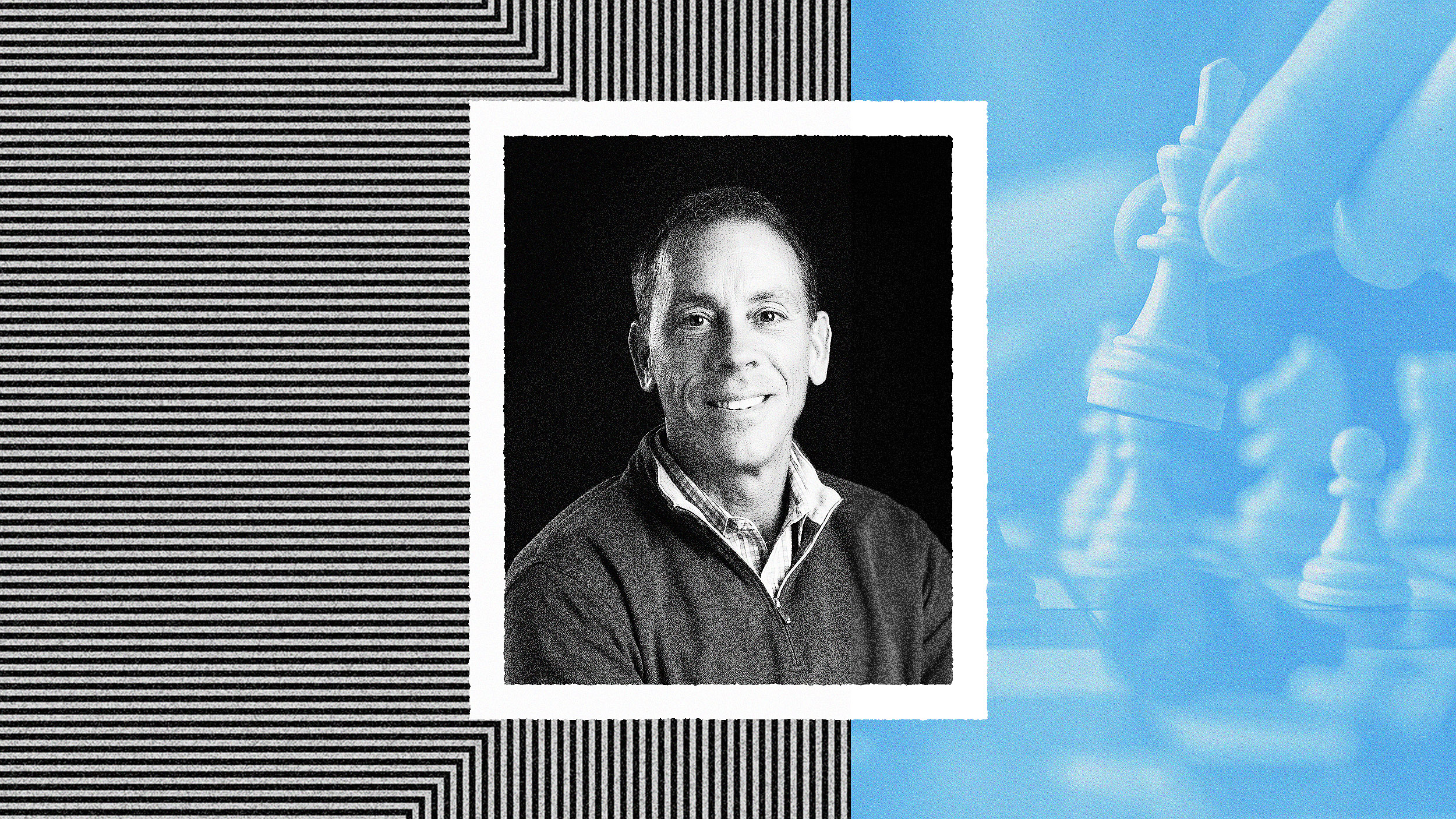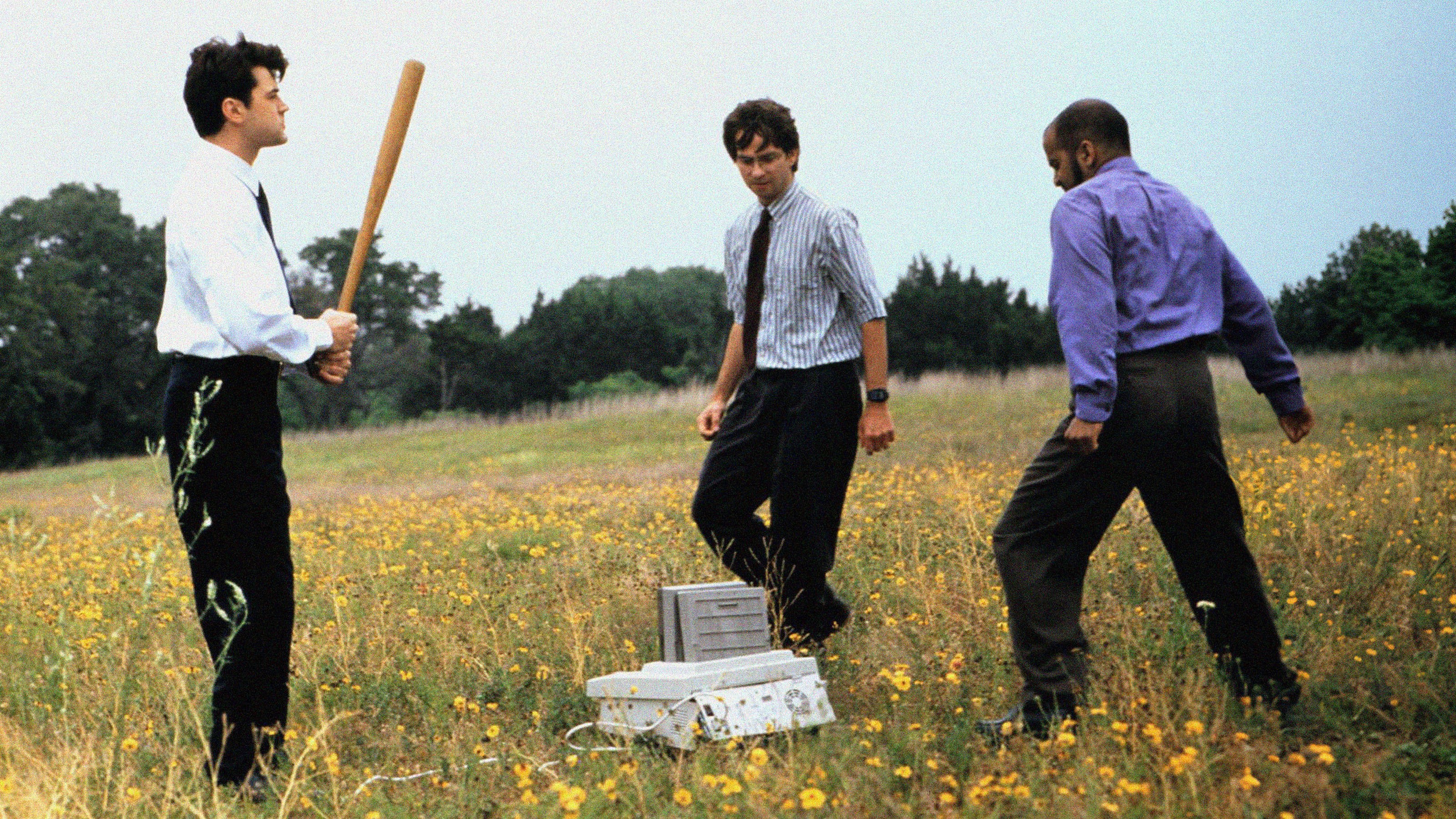Leaders ideally intertwine their own success with that of their teams — if that’s not the case at your workplace, here’s what to do.
Sure, “who you know” matters — but your best contacts will be the ones you don’t know very well.
Storytelling skills are not just for entertainment — practical exercises used by the cream of Hollywood can transform your work-life.
Daniel Goleman: Why emotional intelligence may be the number one indicator of organizational success
Today’s technology presents unique challenges for social awareness and relationship management at work, making emotional intelligence all the more critical.
Cal Newport explains how you and your teams can accomplish more while improving quality and supercharging workplace morale.
College degree? Not so much. Employers want teams with a diverse skill set who can adapt to changing industry demands.
The multifaceted nature of company culture is what makes it so challenging — this guide will help you make sense of the complexity.
Monica Parker explains how creating opportunities for wonder can help foster a thriving, inclusive workplace.
We spend over a third of our lives at work, yet the global workplace is often not a happy place. The solution may lie with our feelings of attachment.
These practical strategies can help you conquer burnout and achieve a state of calm and focused productivity.
In a major shift, psychologists now view an out-of-control compulsion to work as an addiction with its own set of risk factors and consequences.
When caught between the urge for wholesale change and fear of stasis, the best approach is to take it easy.
“It’s remarkable how weak the correlation between success and intelligence is.” Here’s what skills do matter, from 3 business experts.
▸
25 min
—
with
“How is it possible to do work that you’re proud of and not feel like your job is encroaching on all parts of your life?” Cal Newport, Author of ‘Slow Productivity,’ explains.
▸
6 min
—
with
Cognitive systems famously posited by psychologist Daniel Kahneman (1934-2024) may hold the key to a more productive and focused work environment.
Jotform CEO Aytekin Tank outlines a strategy for balancing collaboration with healthy competition.
To understand others, you need to see past their fleeting emotions. You must perceive who they are as people.
Why Netflix adopted the “No Brilliant Asshole” rule — and how to make sure bullies don’t destroy teams.
Without authenticity, curiosity, and risk-taking we get stuck in the mud — here’s how to make space for resilient progress.
No matter your company role, the road to a happy and robust team culture can be built on unconditional regard for others.
Taking the floor is all about connecting authentically with your audience. Here’s how.
DE&I has come under fire — but our leaders should still embed allyship deep within company culture. Here’s a plan.
When high-anxiety situations arise in the workplace, we tend to react by fighting, fleeing, freezing, or fawning — but there’s a hidden fifth option.
Across a variety of industries, trust and “upside-down management” have paid dividends.
30 years ago Jim VandeHei — co-founder and CEO of Axios — got leadership feedback all wrong. Now, he has the ideal blueprint so you can get it right.
Too many companies fail to recognize that “the deepest principle in human nature is the craving to be appreciated” — but the solution is easy.
Psychologist Mary C. Murphy explains why growth-mindset teams outperform those centered around a lone genius.
Executive advisor Tiffani Bova wants leaders to value their employees as much as their customers.
The Reitoff principle gives us permission to “write off” a day and intentionally step away from achieving anything.
Architect and brand innovator Kevin Ervin Kelley sounds the alarm for workplace culture — and argues for a “big bang” collision of forms and shapes.








